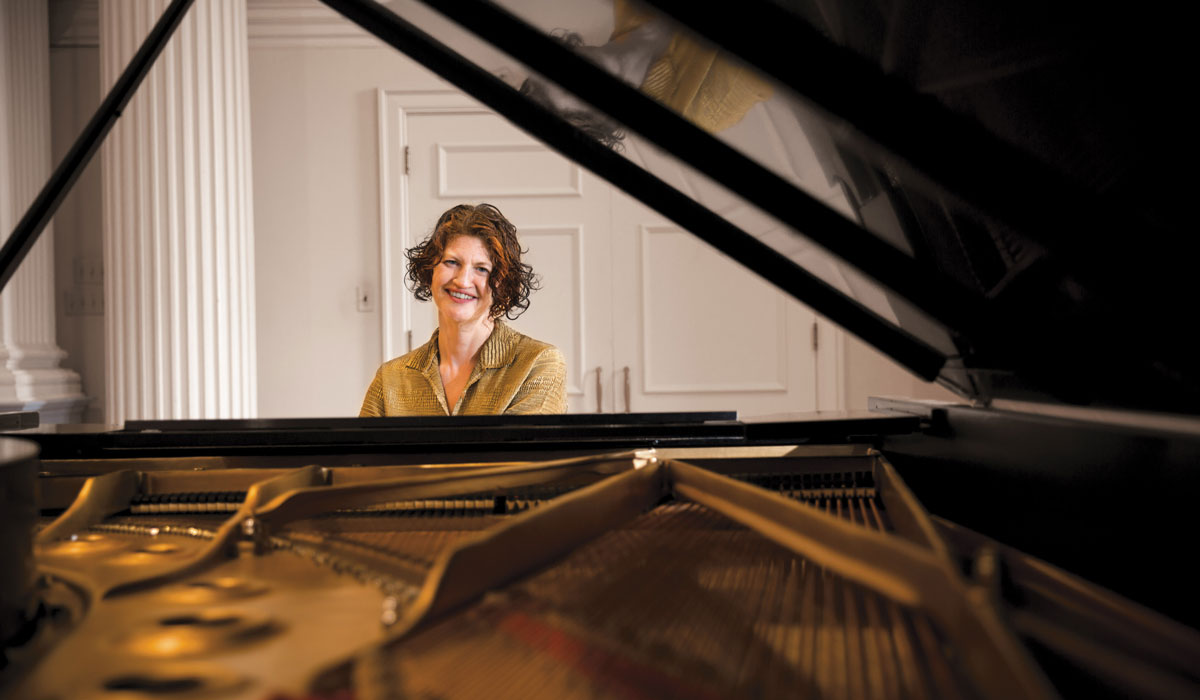
Tacked to the bulletin board outside of Sunderman Conservatory of Music Prof. Jocelyn Swigger’s office is a handwritten chart entitled “Your Piano Lineage”—essentially, a musical family tree. By their association with Swigger, students come from a line of musicians that includes Swigger’s teachers, their teachers, and so on, back to Ludwig van Beethoven.
At the bottom of the page, where the word “you” is circled, three more circles branch out: “your other teachers,” “your students,” and “their students.”
“We are descended from our teachers, who are descended from their teachers in the same way our students will descend from us,” she explained.
Music was in the air in Swigger’s house growing up. “My mom was a choir singer. First thing in the morning, my dad would turn the radio to a classical station and the radio would be the last thing he’d turn off before bed,” she said. “Now, music is completely a part of how I live each day. My morning wakeup routine with my 9-year-old son involves tapping rhythms on one another.”
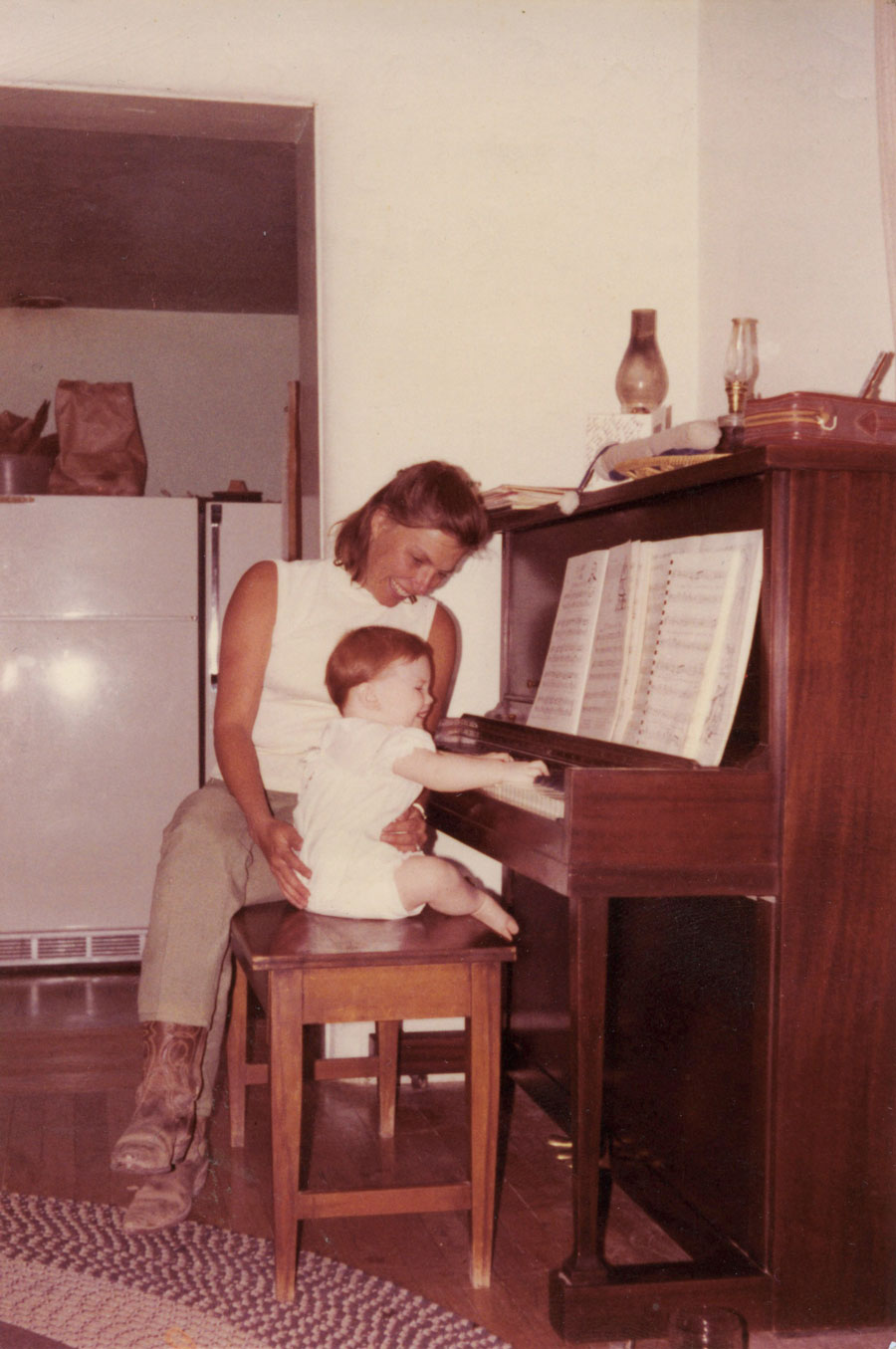
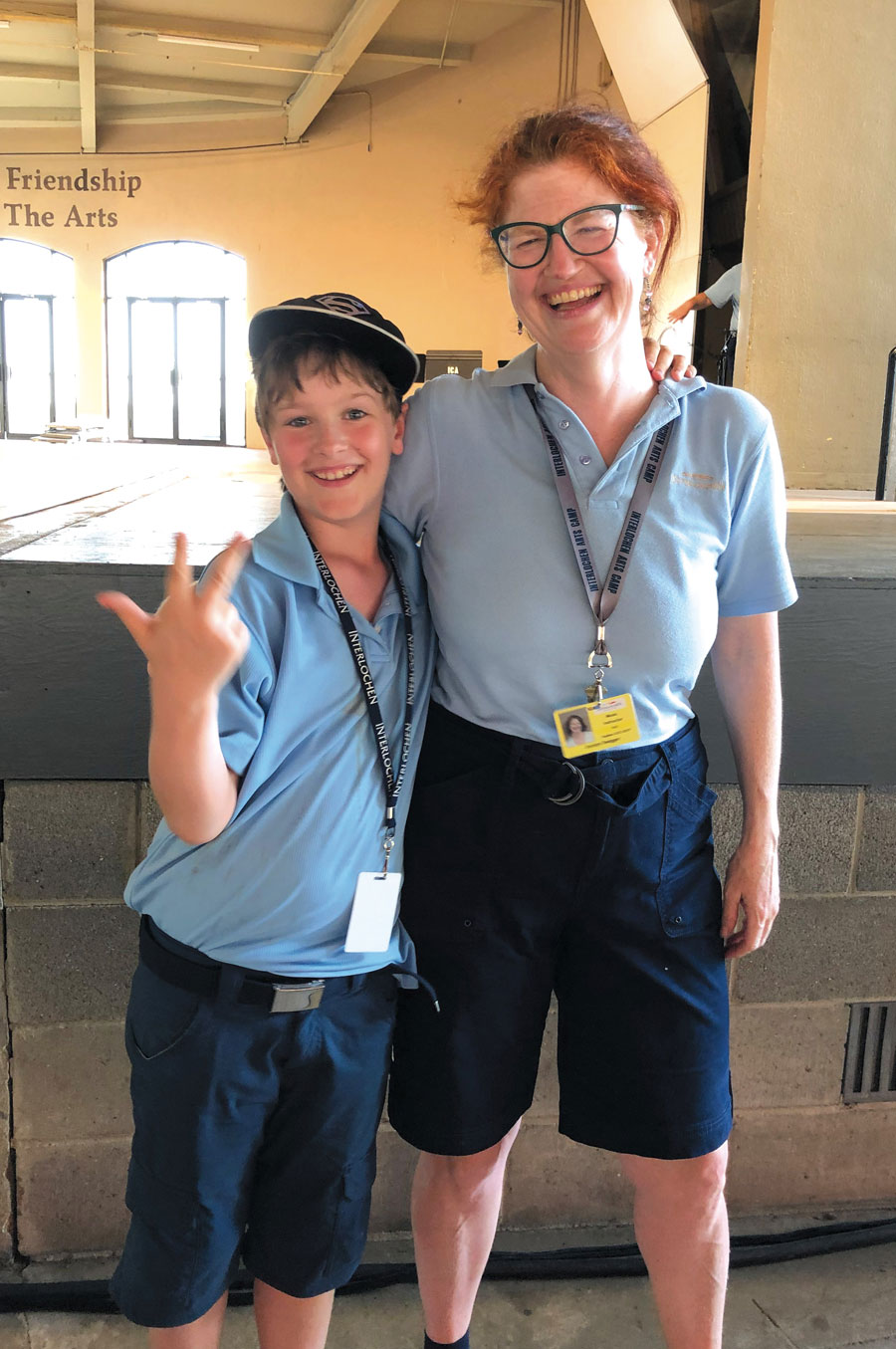
Swigger believes in the power of music to create social change and has written several pieces inspired by activism. “Music is a basic human need,” she said.
“During the Women’s March in Washington, D.C., I was on the Mall, standing for hours before finally shuffling along the march route. Everyone in my group was getting cold and tired and thirsty and hungry, and everyone had to pee. Then we got within earshot of some drums and brass instruments, and it was electric: everyone’s energy brightened. I realized, at that moment, we needed music more than food, shelter, water, the bathroom, and rest.”
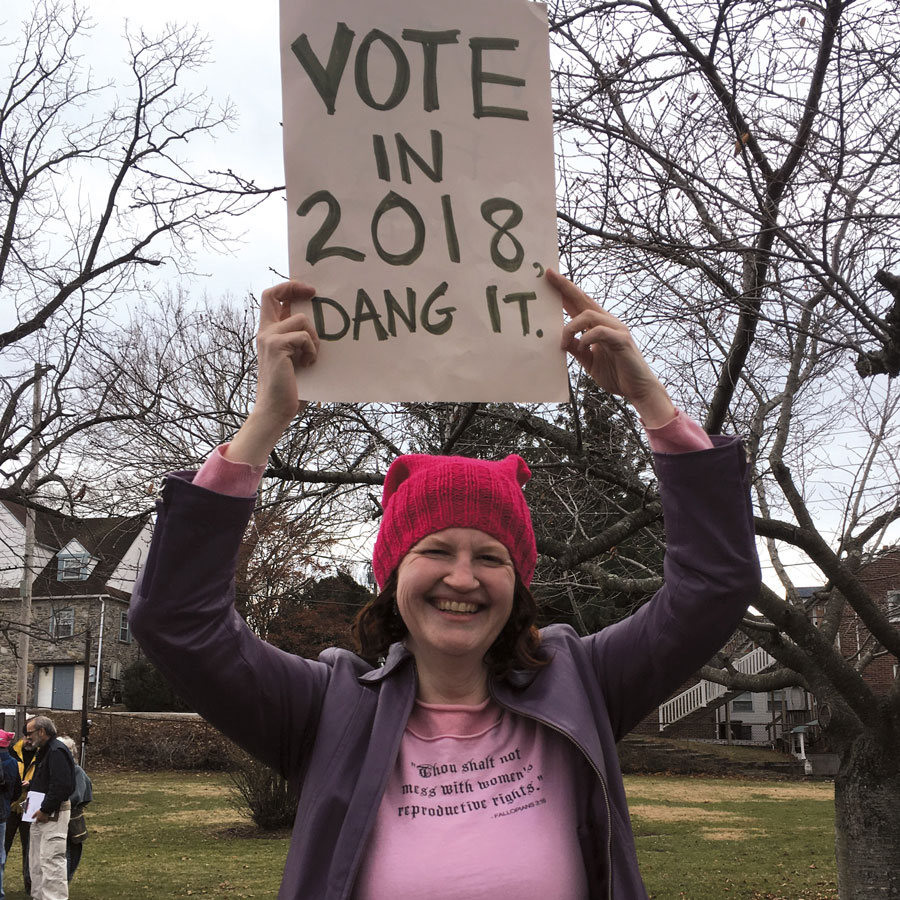
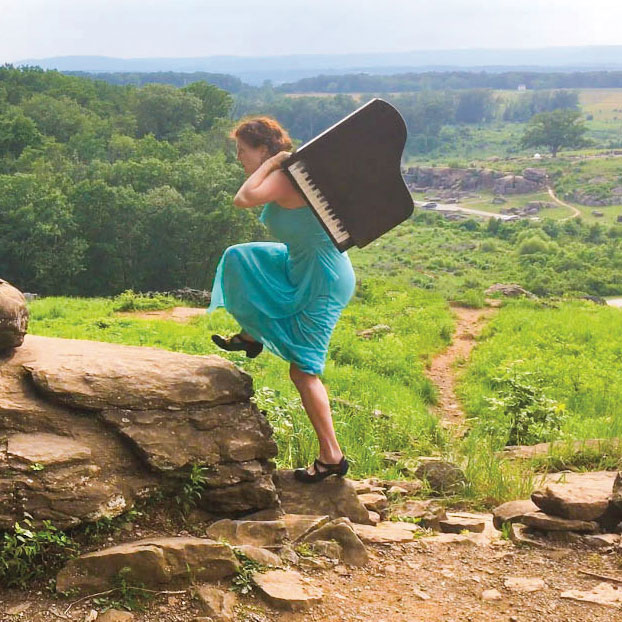
As an undergraduate, Swigger initially thought she would become an English professor and play music on the side. “In my junior year, I spent the semester in London. I went to plays and museums—it was my first time living in a big city, and I loved it. But I only had access to a piano for four hours each week. I spent so much of my semester in London—during which all these wonderful things were happening—crying because I missed the piano. That was when I decided I had to pursue it as a career.”
Swigger begins every class with two minutes of silent meditation. “I think that’s one of the most important things I can teach my students, not just for being a musician or performer, but also for being a human being. If you’re not listening, the audience has no reason to listen to you. If you’re not listening, nothing beautiful can happen.”